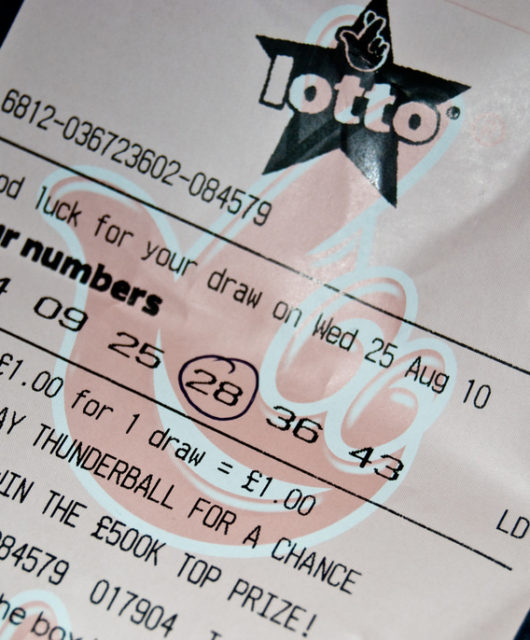The 6 Most Important Factors That Determine Your Mortgage Approval

For many Americans, buying a home is one of the biggest and most important financial decisions they’ll ever make. But obviously, few people have the cash necessary to buy a home outright. Instead, prospective homebuyers rely on mortgages, or home loans, given by a financial institution to close the gap between the down payment and the rest of the home’s value.
Mortgages can be confusing to newcomers, but they’re actually much simpler than most people realize. According to On Q Financial, “Mortgages aren’t that complex, when you break them down to their basic components. Once you understand the basics of the loan, you can start making decisions that put you in a better position to get the loan you need.”
So what are the most important variables that determine the availability and nature of your mortgage, and how can you manipulate them in your favor?
Key Variables to Consider
First, let’s look at the key ways your mortgage availability and mortgage type could vary, based on your personal circumstances:
-
Loan amount. First, your standing will dictate the size of the mortgage you can get approved for. For example, the better your current financial standing, the more money you’ll be able to borrow.
-
Rate. Mortgage availability factors could also impact the rate you receive. Financial institutions often have a “prime” rate for their top customers, and higher rates for those with weaker credit.
-
Terms of the mortgage. You may also see variance in the length of the mortgage and other terms, based on what you bring to the table.
Loan Availability
So what are the factors that can influence these variables, and how can you get them under control?
-
Your credit score. Your credit score is a number between 300 and 850, which reflects your history of credit, your payments to lenders and service providers, and your current debts and liabilities. Ultimately, the better your credit score is, the better your rates will be, and the more money you’ll be able to borrow. According to Credit Karma, you should have at least a credit score of 600 to start looking for a loan, and a score of 640 or higher if you want to qualify for the best interest rate. However, there are also FHA options for those with a credit score of 580 and below.
-
Your current job. Your current job will also determine what type of mortgage you qualify for, as your job will dictate how much money you have coming in. Obviously, a job with a higher salary will enable you to buy a more expensive house; the more income you have coming in, the less risk your financial institution will bear in giving you the loan. You’ll also enjoy a lower rate. The title of your job may also give the bank the impression of your current level of success and your future; less stable positions may have a harder time qualifying for a loan.
-
<Your job history. Banks will also look at your employment history; they want reliable, consistent candidates if they’re going to lend significant amounts of money at a low rate. If your employment history involves lots of job hopping and frequent career changes, you’ll have a harder time qualifying.
-
Your current loans and liabilities. Banks will also look at your other debts and liabilities; the less debt you currently have, the better. According to Lending Tree, “Mortgage lenders require that your total monthly debt including car loans, credit card bills, and student loans be no more than 36 percent of your gross monthly income.”
-
Your current assets. Your mortgage will also depend on your current assets, as these may be used to cover the loan, should your primary source of income fall through. Lenders will look at how much money you have in the bank, any current properties you own, any stocks, bonds, or other financial assets you own, and so on. This is another reason why down payments are important.
-
Your patronage. Finally, you may be able to gain a slight advantage if you get a mortgage through a financial institution that you’re already using as a primary bank. Banks like to encourage repeat customers and additional business, so you could easily gain an edge by working with someone you already know.
If you can master these loan availability variables, you can ensure that you’ll qualify for a reasonable mortgage no matter what type of home you want to buy. It may take some time to get your financial affairs in order, especially when it comes to reducing your debt and improving your credit score—sometimes years. But in the end, it will be worth it when you close on your first home.









